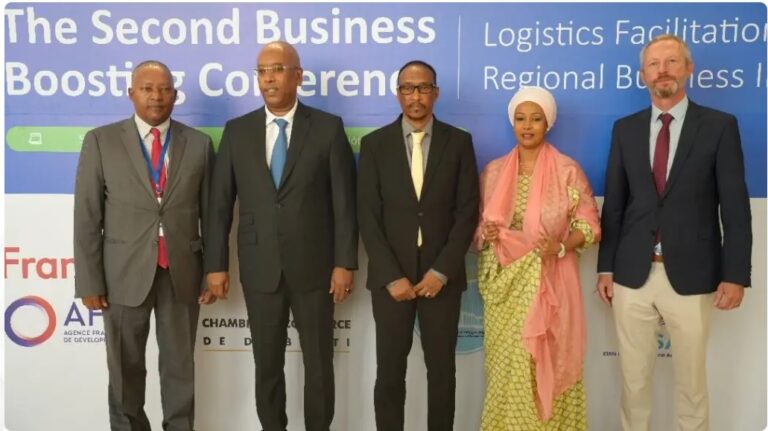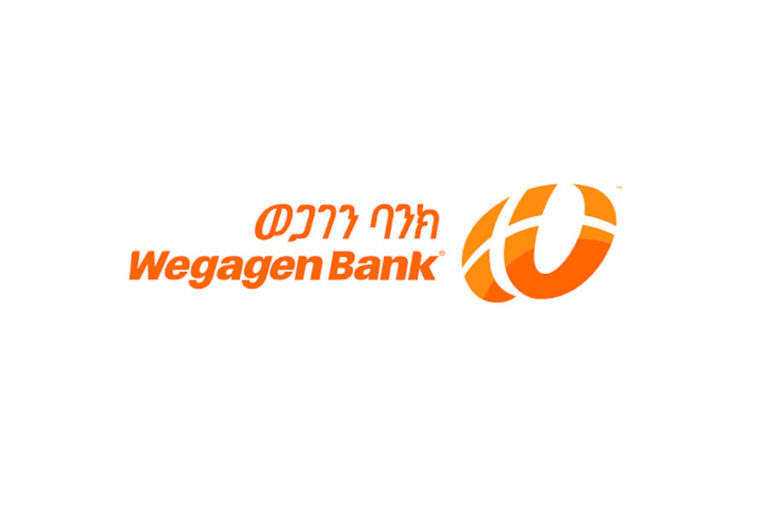By our staff reporter
A significant step has been taken to enhance trade facilitation and logistical efficiency on the vital Djibouti-Ethiopia corridor, with the launch of a regional initiative announced at the second Djibouti-Ethiopia Business-to-Business (B2B) Forum held in Djibouti. The two-day forum, which concluded on September 30, 2025, brought together more than 100 participants from both countries, including government officials, chambers of commerce, freight companies, customs and port authorities, banks, and regulatory bodies. The event was supported by the European Union through the French Development Agency and organized by the Ethiopian Logistics Sectoral Association, in partnership with TradeMark Africa.
Building on a previous forum held in Addis Ababa earlier in the year, this meeting focused on transforming strategic dialogue into actionable reforms aimed at reducing cross-border transaction costs and unlocking new trade and investment opportunities along the corridor. Representatives from public and private sectors of both nations agreed on a series of joint measures, reaffirming their commitment to streamline operations and enhance economic integration.
Key priorities discussed at the forum included strengthening corridor governance through a dedicated technical committee, accelerating the digitalization of customs and cargo tracking systems, harmonizing trade regulations and working hours, and making joint investments in port, road, and digital infrastructure. Participants emphasized the corridor’s potential to become a model of trade facilitation aligned with the African Continental Free Trade Area (AfCFTA) objectives.
The forum went further by adopting additional measures to advance digital trade, reduce technical and non-tariff barriers, and foster coordination among corridor stakeholders. Participants thoroughly reviewed policy and infrastructure gaps, agreeing on concrete steps to improve border procedures, coordination mechanisms, and to rebuild trust among parties operating along the route.
Central to the discussions was the establishment of a sustainable business coordination mechanism, further alignment of customs and transport systems, and the adoption of performance indicators to monitor corridor efficiency. Persistent challenges such as fragmented data systems, high logistics costs, and the absence of a harmonized dispute resolution framework were also addressed as priorities for future action.
The forum underscored the vital role of private sector involvement in designing sustainable solutions that can generate positive spillover effects throughout the region. Special attention was given to fostering collaboration among chambers of commerce, freight forwarders, and port authorities, institutions recognized as drivers of corridor governance reforms and improvements in logistics service quality.
Speakers reaffirmed that strengthening regional partnership and integration through practical cooperation is critical to sustaining the corridor’s role as a commercial lifeline. Strategies to mobilize investment in trade-support infrastructure and skills development were highlighted as key enablers for long-term success and competitiveness.
The European Union Delegation to Djibouti and the Intergovernmental Authority on Development emphasized (IGAD) their support for locally led regional integration initiatives, reiterating that shared vision and cooperation provide the foundation for sustainable economic corridors. The European Union’s Global Gateway initiative was showcased as an example of investment aimed at enhancing connectivity, resilience, and prosperity in the Horn of Africa.
Representatives from both Ethiopian and Djiboutian chambers of commerce highlighted their commitment to fostering a culture of trust, collaboration, and sustained dialogue. They emphasized the importance of the private sector as a key stakeholder in achieving collective goals of growth, job creation, and inclusive trade along the corridor.
The Ethiopian Logistics Sectoral Association reiterated that the forum strengthens policy engagement and ensures the logistics industry maintains a clear voice in reform discussions, while key partners described the corridor as an innovative ecosystem advancing inclusion and shared prosperity.
This B2B Forum sets the stage for targeted follow-up actions including integrating private sector input into corridor governance, institutionalizing performance monitoring, and creating conditions favorable for faster and more reliable cross-border trade.
These ongoing efforts are a crucial part of the broader ambition to operationalize the African Continental Free Trade Area by removing trade barriers and expanding access to regional markets. The forum builds on momentum from previous initiatives and forms a core component of the €32 million EU-Djibouti-Ethiopia Corridor program, which supports regional integration through investments in trade infrastructure, institutional capacity, and human capital development.
The program aligns with strategic regional initiatives including the Horn of Africa Initiative and the European Union’s commitment to sustainable and inclusive development, aiming to establish the Djibouti-Ethiopia corridor as a model of economic cooperation not only for the region but across the continent.







